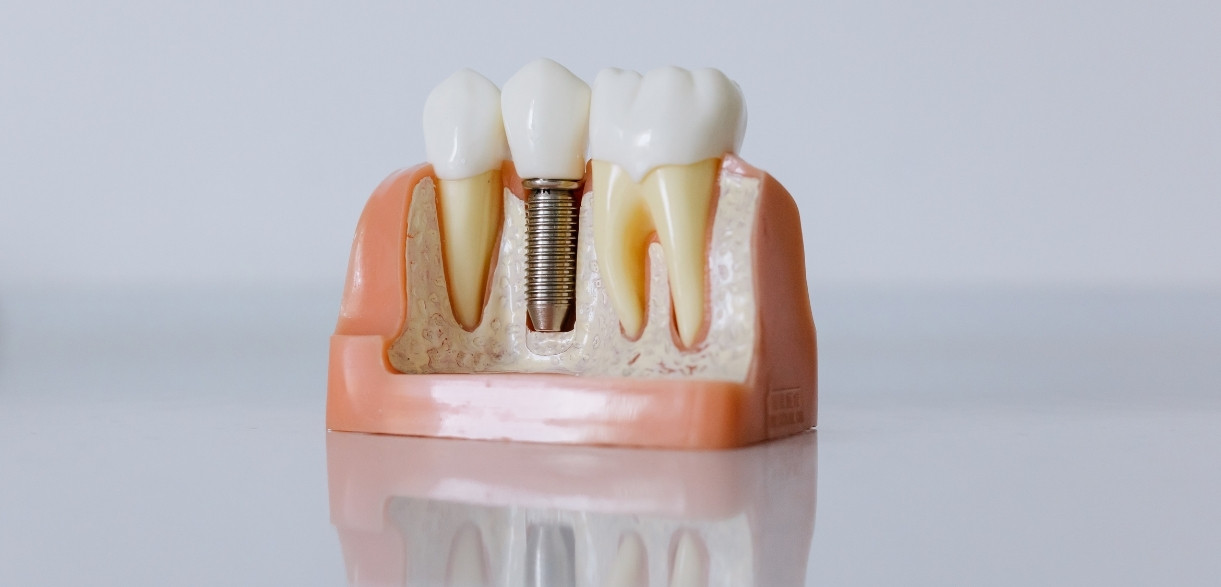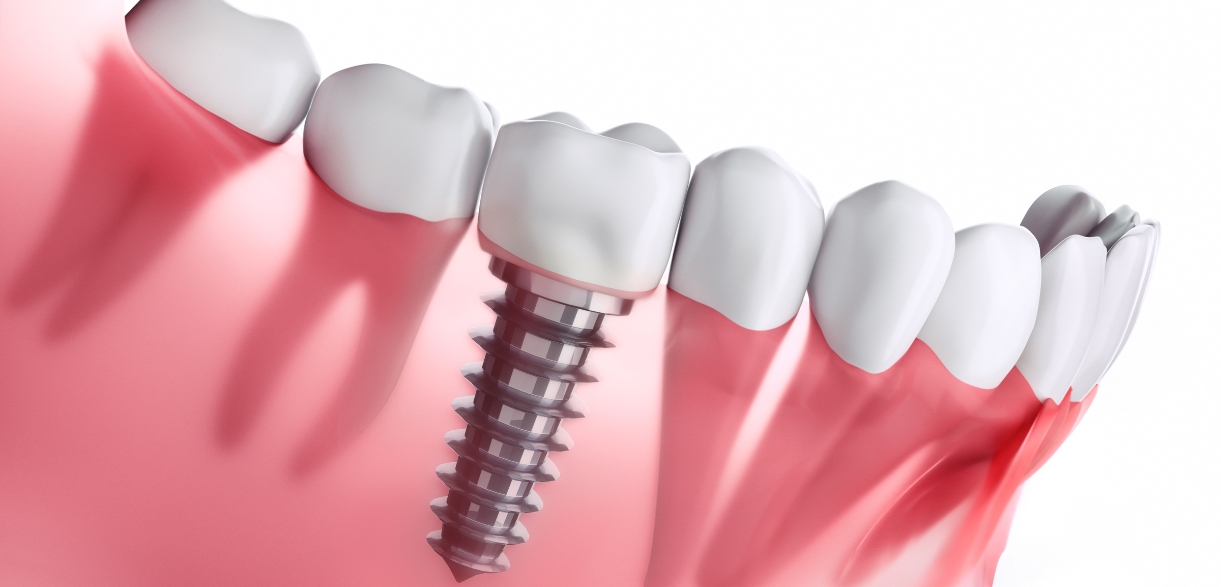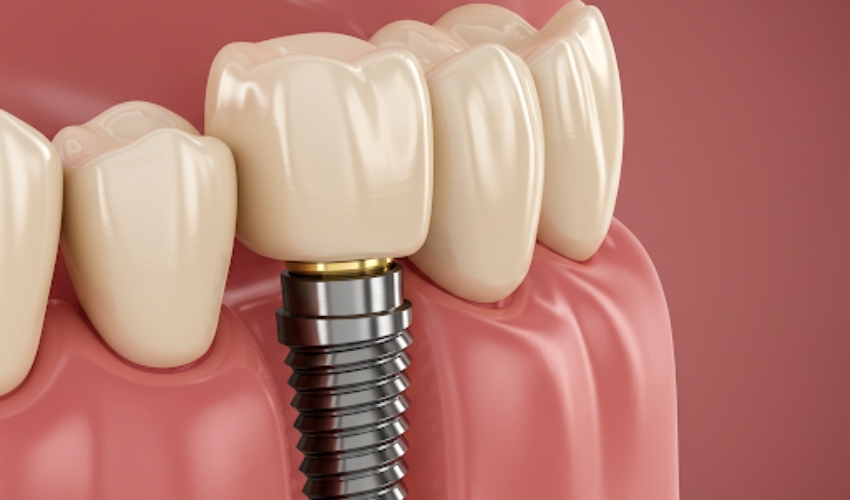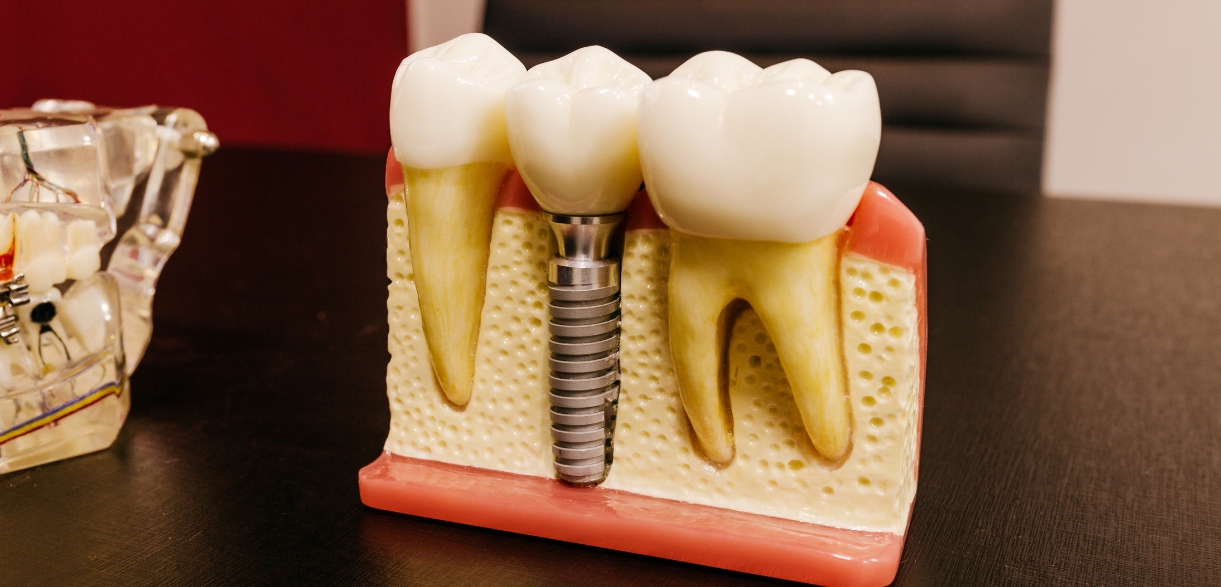Brentwood: (615) 235-1966

The Risks of Infection After Getting Dental Implants
Brentwood, TN

Dental implants have become a trusted and standard option when it comes to missing teeth globally. With their durability and natural appearance, implants are long-term solutions. However, as with any surgery, there are some risks involved, especially infections. Overlooking these risks can undermine the success of dental implants and overall oral health.
Infections have the ability to contribute to pain, implant failure, and additional procedures. You must understand these risks to take preventive steps and seek timely care.
This blog highlights common infection signs and causes. Proper knowledge empowers patients to maintain their dental implants effectively. Consulting a qualified dentist and following aftercare instructions can significantly reduce the risk of complications.
Signs and Symptoms of Infection
Infections from dental implants Brentwood risk compromising the healing process. It can cause severe complications. Early awareness of symptoms averts failure of the implant.
Redness, Swelling, and Pain at the Site of the Implant
Tender swelling is a normal healing outcome after surgery, yet repeated redness, swelling, or pain will indicate infection. Increased swelling and aggravated pain should see a dentist at the earliest point.
Pus or Discharge
If you see the presence of pus or discharge around dental implants, it is a sure indication of infection. Pus can be yellow or white and may be accompanied by swelling and soreness. You must consider an immediate visit to the dentist to prevent further complications.
Bad Breath or a Foul Taste
Infections may create a chronic foul odor or an unpleasant sensation. This is because of the bacteria in the vicinity of the implant. If brushing and flossing regularly do not correct the odor or taste, it may be a sign of infection.
Fever or General Malaise
Low-grade fever or general malaise can indicate the body is battling an infection. Mild fever by itself is not diagnostic. However, in conjunction with other signs, it should be checked by a dentist.
Loosening of the Implant
The dental implants should be firm. If an implant begins to loosen, it is likely because of infection-caused bone loss. A loose implant is a significant warning sign and must be attended to by a professional immediately.
Early detection of these symptoms avoids long-term harm and guarantees the success of dental implants.
Why Can Infections Happen After Dental Implants?
Several factors can lead to infections after dental implant surgery. Knowing the causes is very important, as it helps in prevention.
Poor Oral Hygiene
Poor oral hygiene permits bacteria to grow around dental implants. It can cause gum infection and inflammation. Brushing regularly, flossing, and dental cleaning are necessary to keep bacteria in check.
Smoking and Its Impact on Healing
Smoking constricts blood vessels. As a result, it hinders healing and compromises the immune system. Smokers are at increased risk of post-implant infection and can have prolonged recovery periods.
Pre-existing Health Conditions (e.g., Diabetes)
Diabetes and other conditions can compromise the body’s own healing mechanism. For that, it can be more difficult to combat infection. Uncontrolled diabetic patients are at increased risk of gum infection and implant failure.
Surgical Complications
Infections may result if bacteria are introduced during the procedure or implantation is done incorrectly. Minor surgical mistakes can lead to inflammation and enhance infection risks.
Risk Factors That Increase Susceptibility
Autoimmune diseases, some medications, and poor bone quality can scale up infection risks. Patients with compromised immune systems or bone density problems require special care during the implant procedure.
Knowledge of these risk factors enables dentists and patients to act proactively to ensure the long-term success of dental implants.
Though infections are possible, good care makes them infrequent. Dental implants continue to be a safe and successful option for most patients. Taking care of oral health guarantees implants last for years without issue.





